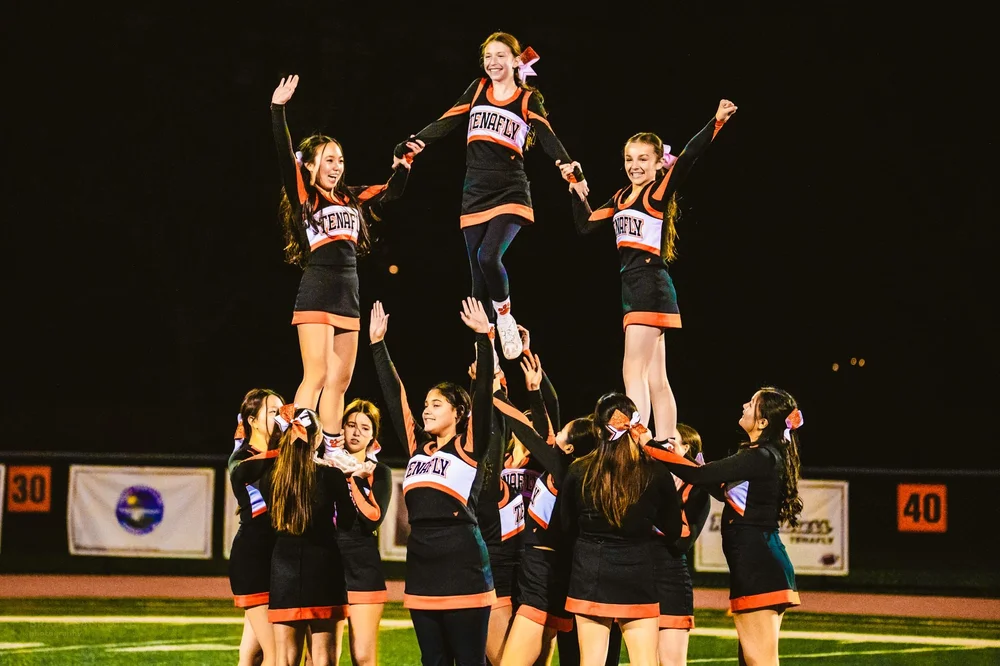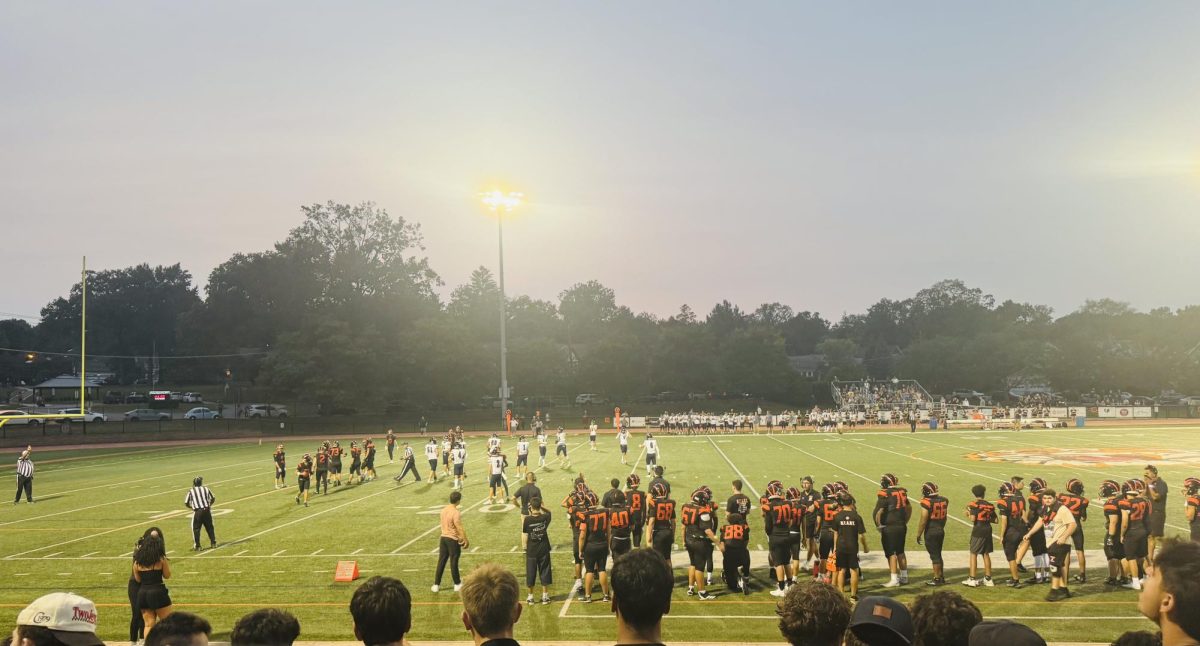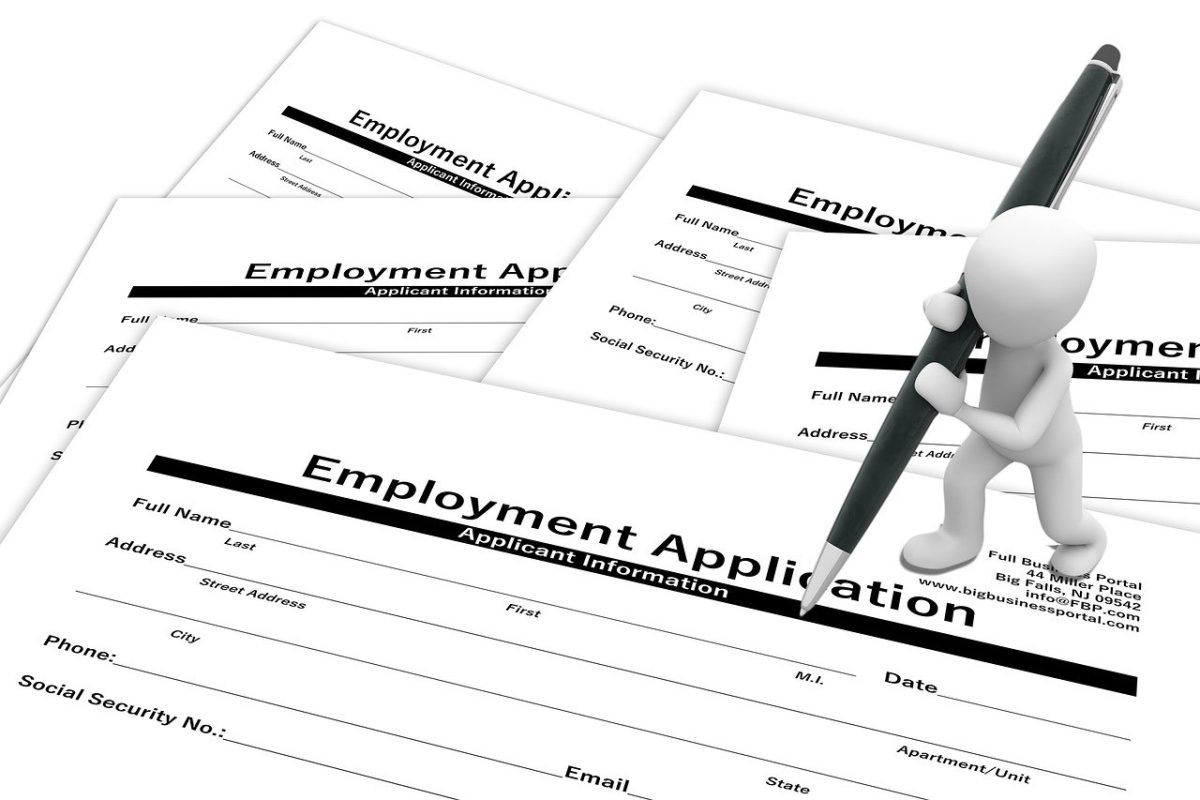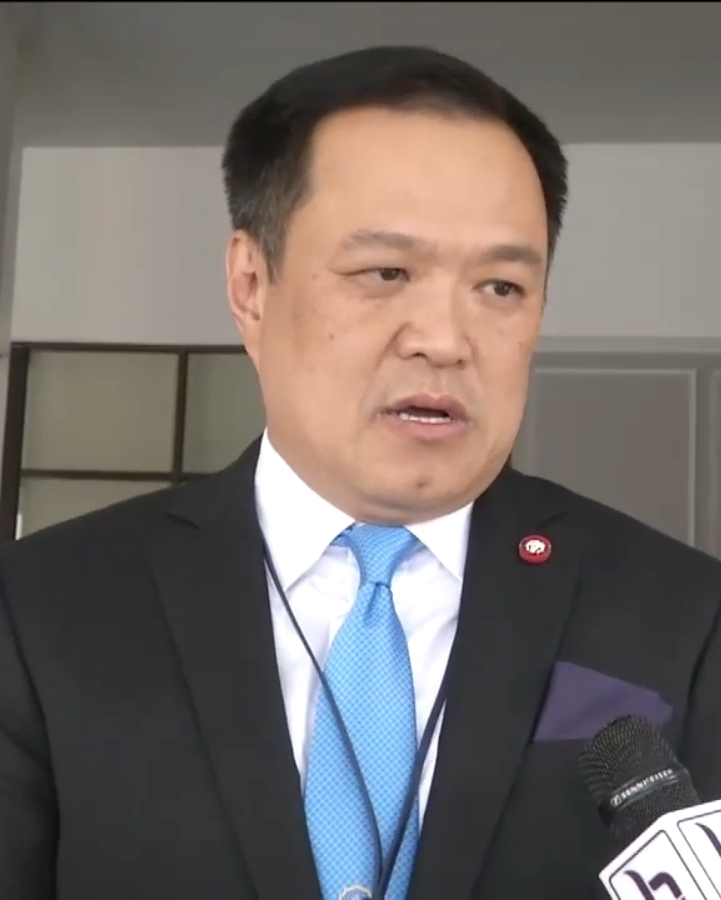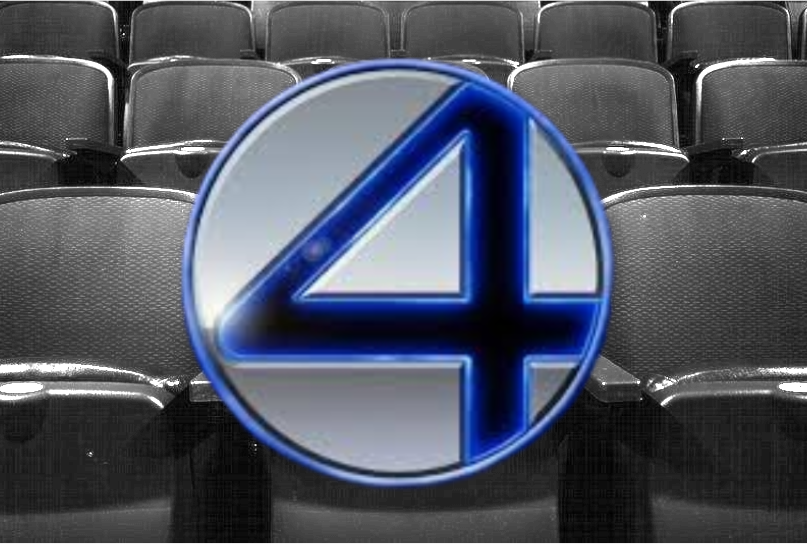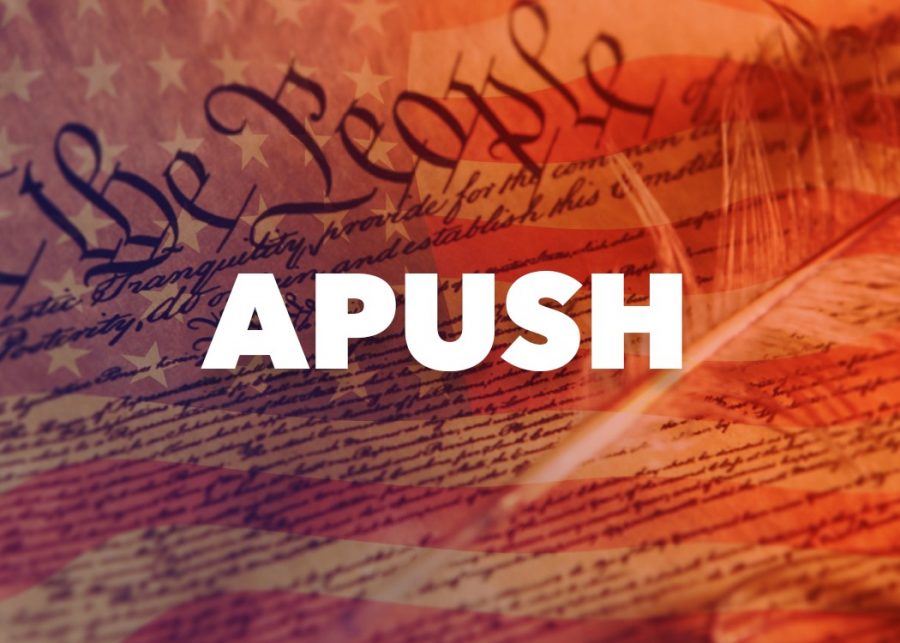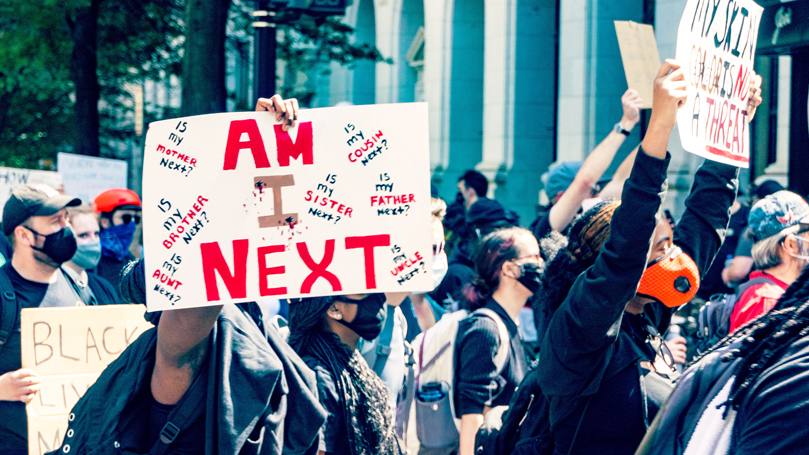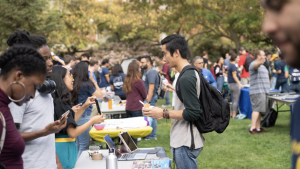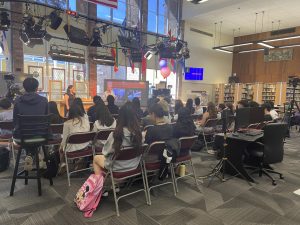ChatGPT: What Does It Mean for Education?
April 21, 2023
ChatGPT has been one of the most flaring buzzwords that have been receiving mass attention from both A.I. researchers and the media. If this is your first time hearing about ChatGPT, it is “the best artificial intelligence chatbot ever released to the general public,” according to The New York Times. However, despite rapid technological advancements, due to its near-perfect responses when posed with a question, ChatGPT has made many educators and institutions voice their concerns about the program.
Before we delve into how ChatGPT affects the field of education, let’s take a look at how ChatGPT works. To access ChatGPT, simply click on the first link on Google after you input “ChatGPT” in the search bar. Then, create or log in to your account, and you are ready to ask AI various questions. The things you decide to type in the search bar can be anywhere from a simple command such as “Write a letter for my lover” to a complicated question asking about the specifics regarding quantum mechanics. If you happen to ask the same question twice, it will generate a different response every single time. Essentially, the AI will surf trillions of data to compile the best response. ChatGPT-4 is the current model in place, and a waitlist is required to gain access. As the new version of the AI was able to pass various standardized exams, many are already certain that the AI is becoming more human-like.
The reason ChatGPT poses a threat to our education is because of its quick and highly accurate responses. Simply put, the more specific the command or question gets, the more accurate the response will be. For instance, if you tell the program to emulate a famous writer’s writing style, it will very much do the same. This efficiency is what is troubling the status quo. To prove my point about ChatGPT’s accuracy being harmful to our education system, I decided to ask the AI, “Why do many argue that ChatGPT poses a threat to our current education system?” Here is the response I received:
“Some people argue that relying too heavily on AI technology like ChatGPT could have negative consequences for the education system. For example, some worry that students may become too dependent on AI to provide answers instead of learning to think critically and problem-solve on their own. Others worry that AI could replace human teachers, leading to job loss and a loss of the personal connection between students and teachers.”
So how should we address this issue? Well, simply put, banning something is never the best solution, as loopholes will be constantly created to beat the system. Instead, we should learn to comply with AI by imposing various restrictions and regulations for students to follow. Recently, many schools have banned the use of ChatGPT in their classrooms. While this rule was imposed to promote academic integrity, this appeared to be harmful to students who come from low-income families. While the more wealthy students can access private tutors, depriving low-income students of a free AI tool seems unfair.
With AI being updated every second, it is important to keep up with our fast-paced world. Recently, even Google has announced that they will release their version of their AI soon. While artificial intelligence may have extremely powerful capabilities, it is important to keep in mind both ethical concerns and questions regarding our education system. Facing change is inevitable, but how we utilize the “change” is what is important.










